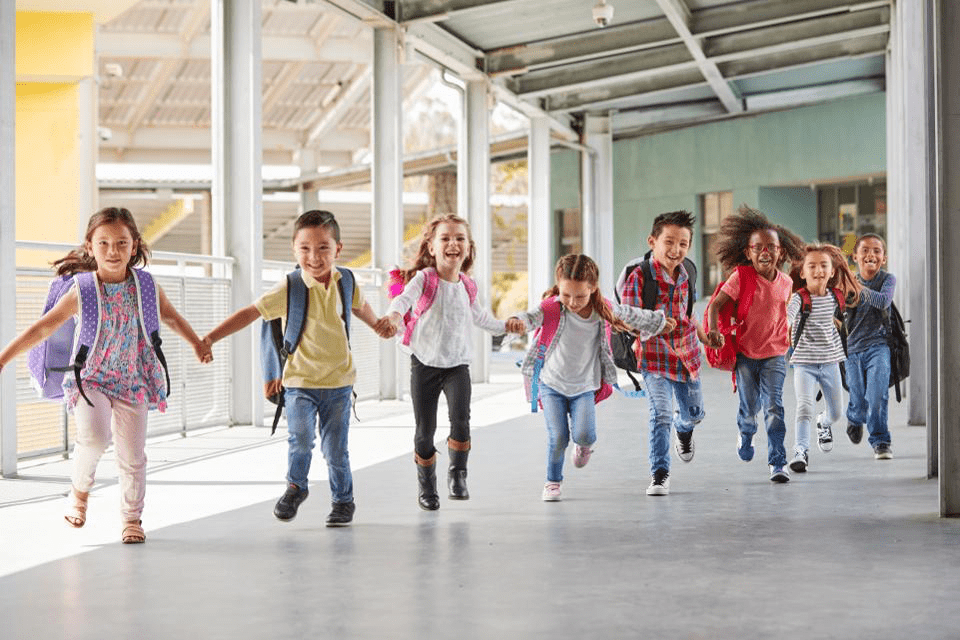
By Lindsey Myers
Finding solace for the loved one of the missing amidst this pandemic is a problem that most in society never thought we would face. Staying at home may be helping to prevent us from contracting COVID-19, however in some areas of the world, it is putting our children more at risk for exploitation and abuse (Unicef, 2020).
We have stated numerous times that the elderly is one of the most vulnerable in catching COVID-19, but what we may not realize, is that our children are vulnerable as well. At a young and impressionable age, children have seen their lives, routines and social interactions radically transform. They have had to self-isolate, study at home, and constantly surround themselves in an environment full of worry, stress, isolation and sometimes, violence. Whether children experience it directly, or observe it between their parents, it is happening. This is particularly the case in South Asia, where 64% of children are experiencing severe violence (UNICEF, 2020).
The World Health Organization (WHO, 2020) also states that children being at home and “online”, especially on social medias, has caused them to be more susceptible and exposed to cyberbullying and sexual exploitation.
All these issues constitute a worldwide problem, and particularly prevalent in Canada, India, Thailand and Haiti, where Children’s Care International (CCI) works alongside its partners.
For instance, in India, with the increase of COVID-19 cases, there are questions as to whether the labour force can meet the needs of mass production and delivery, and at a low cost (Outlook, April 2020). That brings children and teens into positions of further danger and exposure, with threats of hunger, slavery, and human trafficking. They will no longer be able to study remotely or in school like many children can around the world, but instead be forced to do cheap labour, and earn little or nothing at all and at the same time endure physical, mental and sexual violence.
In this context, there is a growing concern of young girls being thrown into the world of sex trafficking. Prior to the beginning of the pandemic, these problems were a grave and worldwide concern. But today particularly, girls face even more risks to be married, bought and sold into prostitution. The Reuters Foundation discusses this very issue and states that in the world, four million girls are at risk of child marriage in the next two years because of the new coronavirus pandemic (Reuters, April 2020).
These issues are accelerating at a dangerously alarming rate, as is the issue of child pornography. For instance, ever since the very start of the pandemic, when physical isolation was prescribed as a means of containing the spread of Covid-19, traffic to the Pornhub pornographic website has increased by 12% (The Guardian, 2020). However, this increase is very worrying in light of the denunciations carried out by activists and deputies about the inaction of Pornhub vis-a-vis the proliferation of videos exhibiting non-consensual rapes or incest on its pages. We need to take a closer look at the countries that are most heavily impacted by this pandemic, and try to raise awareness using different means. As the pandemic is a serious concern in the global South particularly, one must take action and look at different solutions to ensure that the children are receiving the utmost of protection in times of crisis.
Meanwhile, in Alberta, Canada, there is a light in the midst of this worldwide crisis, and that is the numbers of missing children have decreased. “Since March 1, parental abduction cases have decreased by 50 percent, and runaways have gone down by 17 percent,” states a member of the RCMP who works directly with The Missing Children Society of Canada (CTV News, 2020). These findings prove that while cases of missing teens and children have not increased, we need to continue our search but also put more focus on the vulnerabilities of the children that are present in our lives.
Even though the numbers of children reported missing have not increased in Canada since the pandemic began to be a worry, it is still important to think about the importance of those impacted; losing daughters and sons and also those that have been fortunate enough to have found their son or daughter. We must somehow take time out of our busy lives, reflect and pay tribute to those children and their families. That is why, as of 1998, collaborators at the International Centre for Missing & Exploited Children (ICMEC) and the US’s National Center for Missing & Exploited Children (NCMEC), the Global Missing Children’s Network (GMCN) have commemorated May 25th as International Missing Children’s Day. Much of the world’s focus is on the current pandemic, however it is crucial that we pay respects to those who have lost a loved one, those that are searching, and those that are blessed to have found their loved ones. Even though there is yet to be evidence to suggest the longer the lockdown continues, the higher cases of runaways there will be, there is a solemn possibility that this may come to happen what with the number of children being exposed to violence in the home.
Children are vulnerable beings. Children who go missing, who run away, and also those who are exploited. That is why CCI (Children’s Care International) fights against this exploitation, and they do so worldwide. Through the many diverse projects they have been involved in over the past 20 years, children’s rights are at the forefront of CCI’s mission. Children must be protected and given the life they rightfully deserve.
During this challenging time, the world must be made aware of the issues surrounding our youth. We must ensure that they are given love, protection and freedom during a time when the world is full of negativity and uncertainty. The world has evidently changed, in how we live, how we communicate with each other, and now more than ever, we are in a time of transition. Let’s ensure that during this turbulent time, our children feel secure, content and at ease.
References
Batha, Emma. May 14, 2020. “Coronavirus puts four million girls at risk of child marriage” Thomson Reuters Foundation. https://www.reuters.com/places/africa/article/us-health-coronavirus-childmarriage-trfn/coronavirus-puts-four-million-girls-at-risk-of-child-marriage-idUSKBN22Q3P6
Chopra, Niharika. April 13, 2020. “The Cost Of COVID-19 Lockdown: Rise In Bonded Labour And Human Trafficking In India” Outlook India. https://www.outlookindia.com/website/story/opinion-covid19-lockdown-and-the-rise-of-bonded-labour-and-human-trafficking-in-india/350662
Grant, Harriet. March 25, 2020. “Urgent action needed as rise in porn site traffic raises abuse fears, say MPs” The Guardian https://www.theguardian.com/global-development/2020/mar/25/urgent-action-needed-as-spike-in-porn-site-traffic-raises-abuse-fears-say-mps
Thomas, Stephanie. April 17, 2020. “Children still vulnerable to parental abduction, running away amid pandemic: MCSC” CTV News https://calgary.ctvnews.ca/children-still-vulnerable-to-parental-abduction-running-away-amid-pandemic-mcsc-1.49006755
UNICEF. March 20, 2020. “COVID-19: Children at heightened risk of abuse, neglect, exploitation and violence amidst intensifying containment measures” https://www.unicef.org/press-releases/covid-19-children-heightened-risk-abuse-neglect-exploitation-and-violence-amidst
UNICEF. “End Violence Against Children” https://www.unicef.org/india/what-we-do/end-violence-against-children
World Health Organization. April 8, 2020. “Joint Leaders’ statement – Violence against children: A hidden crisis of the COVID-19 pandemic” https://www.who.int/news-room/detail/08-04-2020-joint-leader-s-statement—violence-against-children-a-hidden-crisis-of-the-covid-19-pandemic
Zeidler, Maryse. April 5, 2020. “How to talk to teens about the COVID-19 pandemic” CBC https://www.cbc.ca/news/canada/british-columbia/teens-coronavirus-1.5522409
